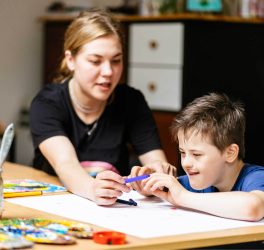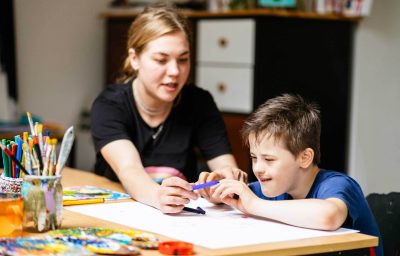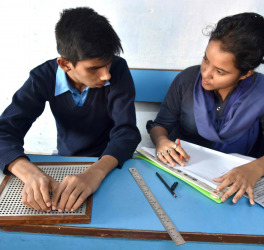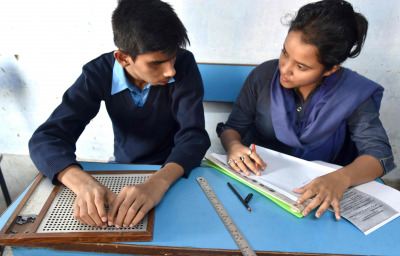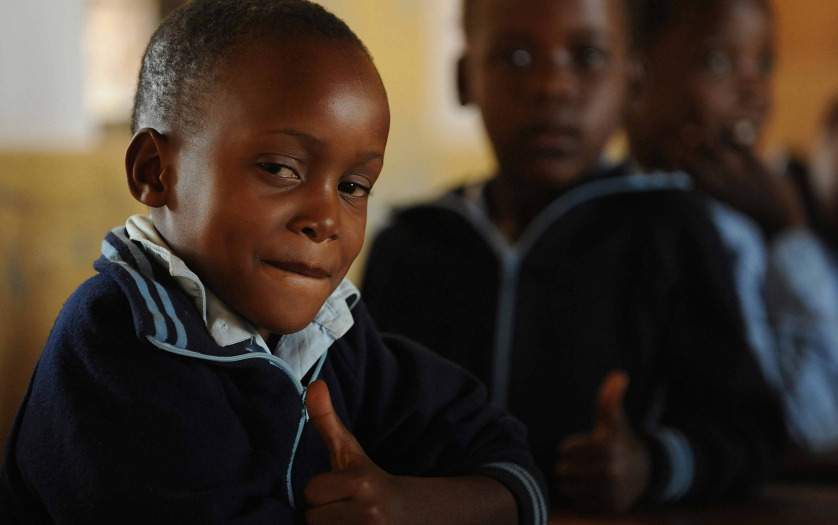
The COVID-19 pandemic has triggered an education emergency of unprecedented scale. In Niger, which were already facing a learning challenge before the pandemic, 3.6 million children were cut off from schools.
The Global Partnership for Education (GPE) has quickly mobilized more than US$11 million to support the country with planning and implementing its response to the pandemic. The program is supported by two grant agents with complementary roles: Agence Française de Développement and UNICEF.
The US$11 million COVID-19 grant will support : (i) strengthened system resilience and coordination with the national budget through Niger’s sector pooled funding mechanism, while also responding effectively to immediate needs; (ii) distance learning by radio, complemented by the distribution of printed materials for the most marginalized populations; (iii) institutions that provide remedial or alternative education where formal schooling is not available ; (iv) safe reopening of schools with WASH interventions; (v) refugee or displaced children through the distribution of radios and school meals; (vi) girls by addressing the barriers to learning they face, with back-to-school campaigns and menstrual hygiene kits for the new school year.
In late March 2020, the UNICEF office in Niger already received a GPE grant of US$70,000 to support the Ministry of Education in planning its response to the coronavirus (COVID-19) pandemic.
In Niger, the government decided to reopen all schools on the 1st of June for a period of 45 days. To ensure a safer reopening and return to school, UNICEF supported the ministries of education with both material and technical support.
The education sector in Niger faces several challenges that negatively affect the sector’s progress. Universal primary education coverage and completion is hindered by a high population growth rate, low enrollment rate, and high dropout rate.
Access and completion is worse among vulnerable groups including girls in rural areas, children in nomadic areas, and children with disabilities. Niger’s education sector is also affected by frequent weather shocks.



